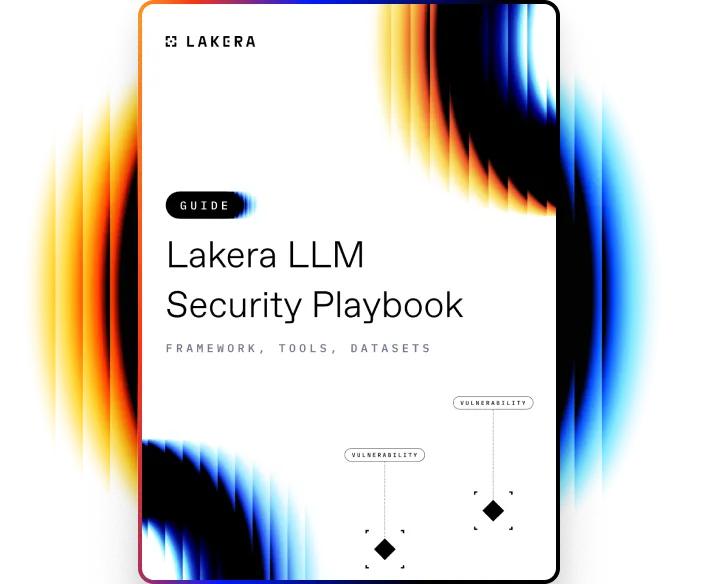Meta-Learning
Meta-learning, also known as "learning to learn," is a concept in machine learning where the models are designed to learn from their experience of learning different tasks. In simple terms, it means the ability of an artificial system to adapt quickly to new tasks with minimal amount of training data. It focuses on making the learning process more general-purpose and less task-specific.
How Meta-Learning works
Meta-learning typically takes place in two levels: base learning and meta learning. In base learning, a machine learning model is trained on a specific task with a dataset, following the standard model training process. Once this model is trained, it has gained experience in learning that specific task.
The meta-learning process begins by training a multitude of these models across different tasks. The performance of these models on their respective tasks forms a new dataset, which is then used to train a higher-level 'meta-model'. This meta-model's job is to predict the ideal model configuration or hyperparameters for a new task, based on what it has learned from the performance of lower-level models on past tasks.
When a new task comes, the meta-learning model can draw on its prior knowledge from a plethora of tasks to learn this new task much more rapidly than traditional learning models.
In essence, meta-learning works by abstracting knowledge from specific tasks to a higher level, making it one of the key drivers in progress toward more efficient and effective machine learning models, and ultimately, artificial general intelligence.

Download this guide to delve into the most common LLM security risks and ways to mitigate them.

untouchable mode.
Lakera Guard protects your LLM applications from cybersecurity risks with a single line of code. Get started in minutes. Become stronger every day.
Several people are typing about AI/ML security. Come join us and 1000+ others in a chat that’s thoroughly SFW.
.svg)